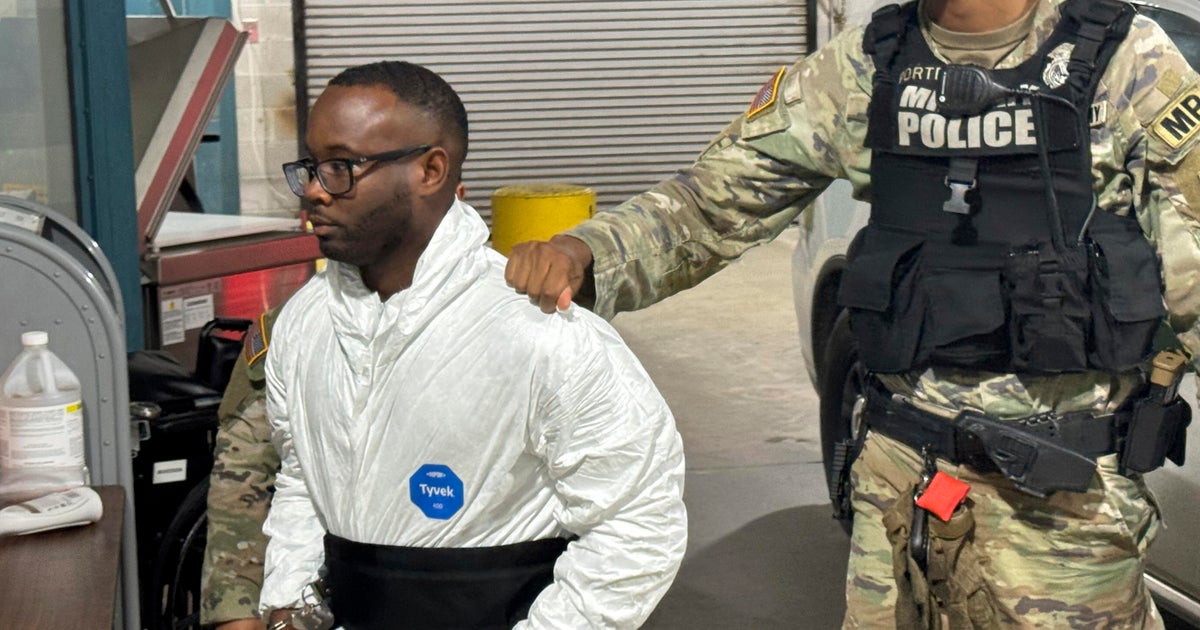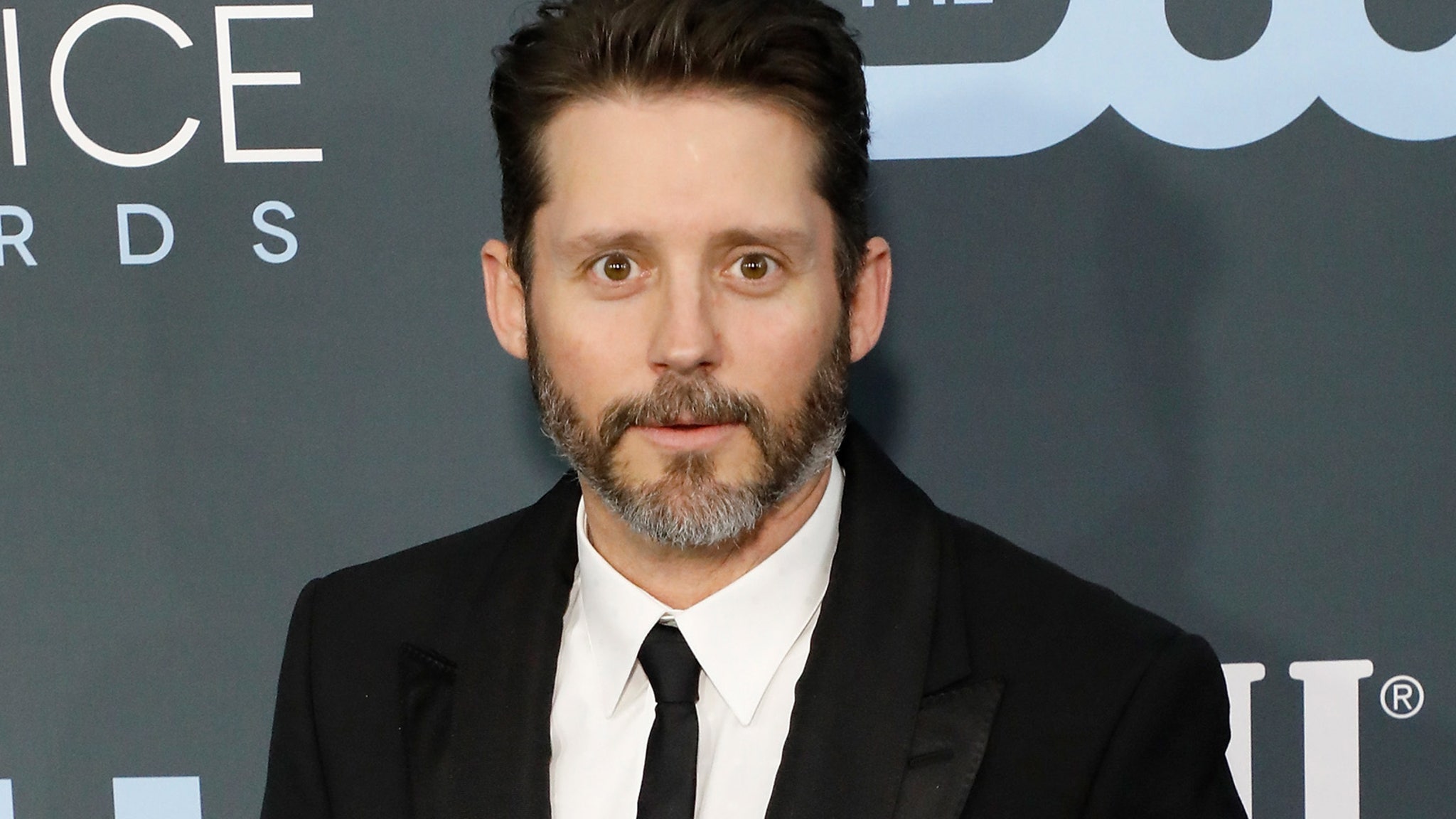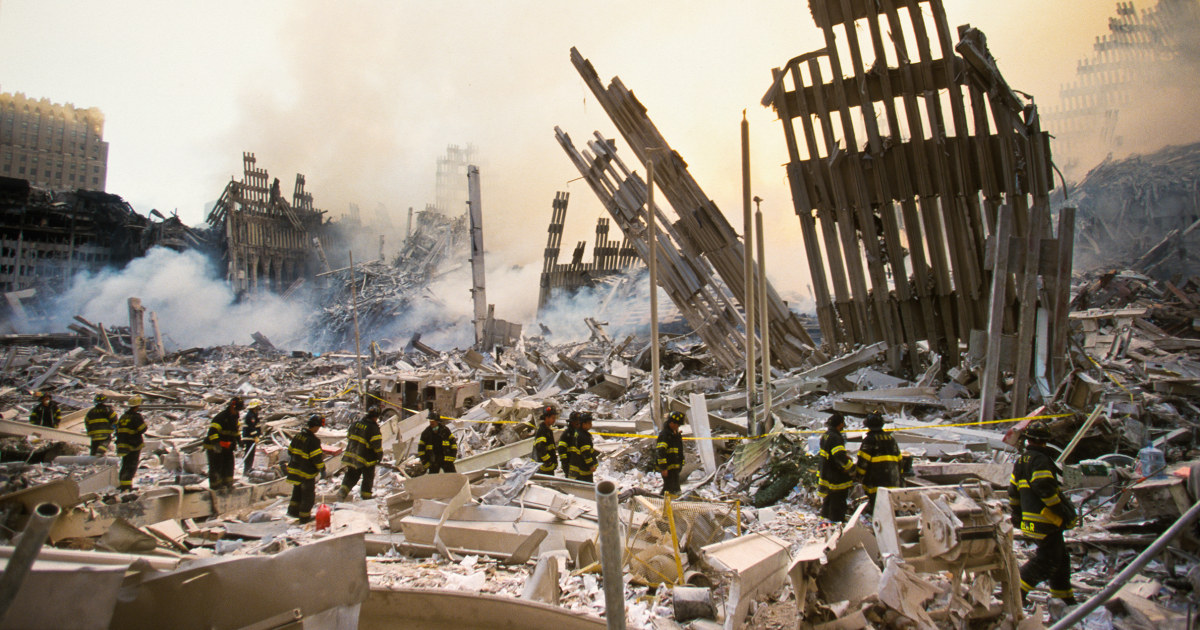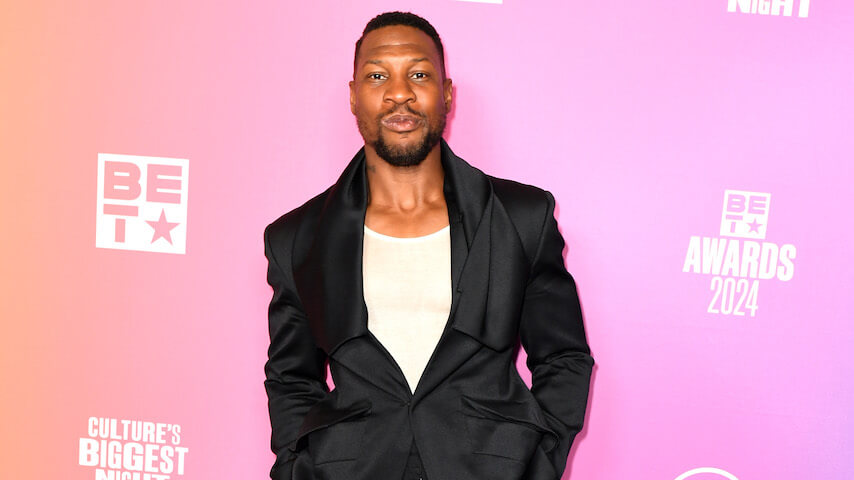Aubrey Plaza Shares Message of Hope and Resilience in Podcast Interview
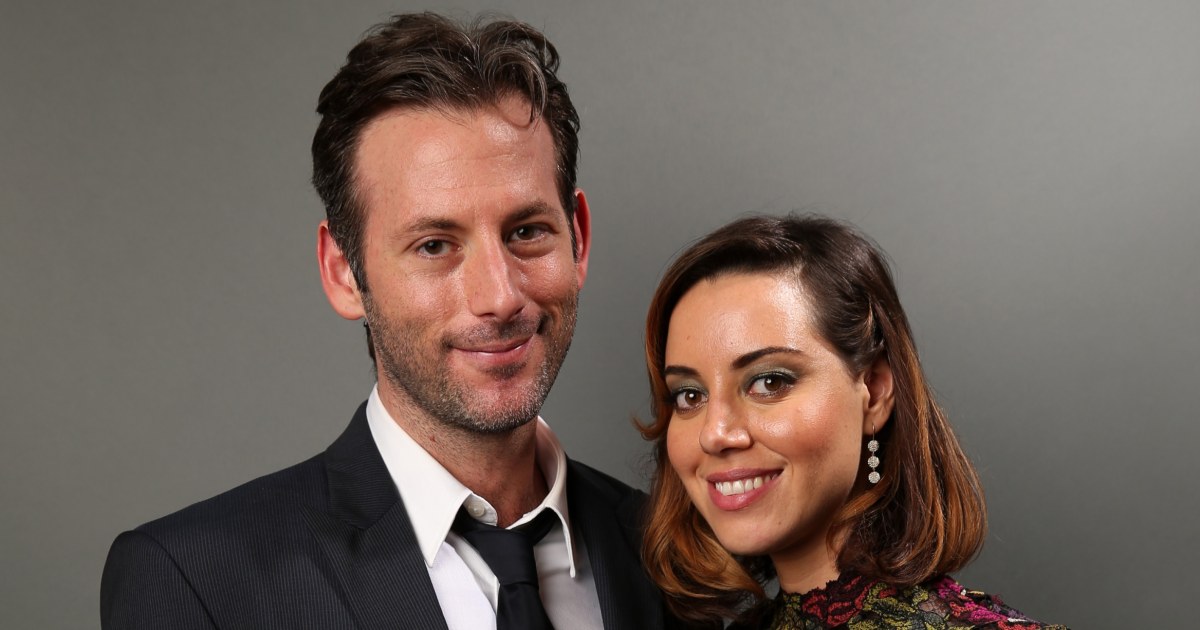
Introduction
In a recent episode of Amy Poehler's podcast, actor Aubrey Plaza opened up about her husband's death for the first time since his passing. Plaza discussed how she has been coping with the loss and the impact it has had on her life. The interview, released on Tuesday, has garnered attention as fans and fellow actors expressed their support for Plaza's bravery in addressing such a personal and difficult topic.
Dealing with Grief
Plaza shared that her husband's death has been a challenging experience, but she has been focusing on her work and finding solace in her craft. She also discussed the importance of taking time for self-care and allowing herself to feel the full range of emotions that come with loss. The actor mentioned that she has found comfort in connecting with others who have also experienced loss and finding a sense of community and understanding.
A Message of Hope
While the interview was a vulnerable and emotional moment for Plaza, she also shared a message of hope and resilience. She emphasized the importance of cherishing the time we have with loved ones and finding ways to honor their memory. Plaza also encouraged others who may be going through a similar experience to seek support and not be afraid to open up about their feelings. Her words have resonated with many and serve as a reminder of the strength and resilience of the human spirit.
About the Organizations Mentioned
World Health Organization
The World Health Organization (WHO) is a specialized agency of the United Nations, established in 1948, with a mandate to promote global health, coordinate international responses to public health threats, and set standards for health policies and interventions[2]. Headquartered in Geneva, Switzerland, WHO operates in over 150 countries, working with governments, NGOs, and other partners to advance health equity, strengthen health systems, and respond to health emergencies. ## What WHO Does WHO’s core activities include monitoring global health trends, setting international health standards, providing technical assistance to countries, and serving as a forum for scientific and policy discussions on health issues[2]. The organization publishes influential reports such as the annual **World Health Statistics**, which tracks progress toward Sustainable Development Goals (SDGs) and provides a global “health report card”[1][8]. WHO also maintains the Model List of Essential Medicines, guiding countries on which drugs are most critical for public health[7]. In addition, WHO leads global campaigns on issues ranging from infectious disease eradication to noncommunicable diseases (NCDs), maternal and child health, and health emergencies[2][6]. ## History and Key Achievements WHO’s history is marked by landmark achievements, including the eradication of smallpox, near-eradication of polio, and the development of an Ebola vaccine[2]. The organization played a pivotal role in responding to the COVID-19 pandemic, coordinating global research, vaccine distribution, and public health guidance. In May 2025, WHO member states adopted the world’s first **Pandemic Agreement**, a historic step to improve international coordination and equity in future health crises[4]. WHO also spearheads initiatives like the Triple Billion Targets (healthier lives, universal health coverage, and protection from health emergencies) and technical policy packages targeting tobacco, alcohol, salt, and trans fat reduction[1][2]. ## Current Status and Notable Aspects WHO is currently implementing its **Fou

